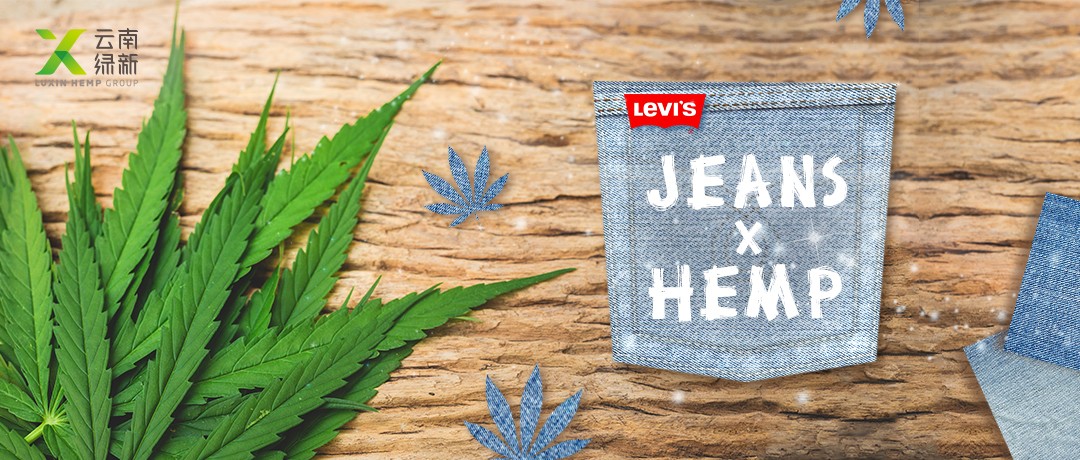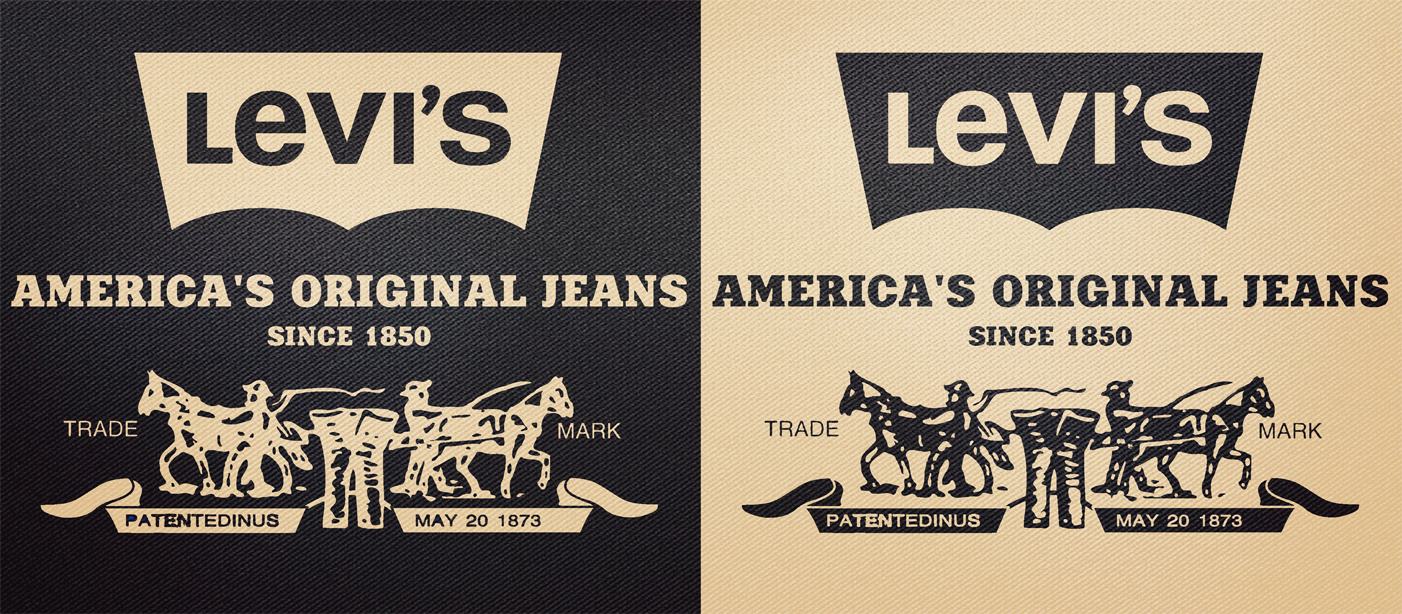
Earlier in 2019, Levi's, a veteran jeans manufacturing company, announced that they are working on a technology to make hemp fibers soft, to make “this hemp fiber feels just like cotton”. Levi's dabbled in hemp market as its effort towards sustainable development. Current, it is partnering with sustainable fashion brand Outerknown on hemp-made jeans production.
Levi's, founded in 1853, is the "original ancestor" of jeans and has a history of 166 years. It is Levi's which made jeans a lasting global fashion. In the 1980s and 90s, denim was a symbol for the wild, the resolute, the rebellious and the pioneering spirit of the United States, leading the global fashion. Today, the company operates approximately 2,900 retail stores and sells products in about 50,000 places in 110 countries.
The history of Levi's dates back to 1853, when Levi Strauss from Bavaria moved to California during the Gold Rush Era, hoping to open a grocery store on the West Coast. About 20 years later, a tailor worked with him to apply for a patent for the idea of extending the service life of the trousers with rivets. That's the origin of the company as well as the invention of the first blue jeans.

NYSE changes rules for Levi's
On March 21 this year, the New York Stock Exchange reverted its "no jeans" policy, allowing traders to wear denim at work. This is because Levi's, the world’s largest jeans brand, would once again become a public company that day.
Q&A: Why is industrial hemp?
Industrial hemp, also known as China-hemp, originates in Asia. It used to be produced in China, the Himalayas and Siberia in ancient times, and was introduced to Europe in about 1500 BC. The application of woven fiber in China was recorded as early as 1800 BC. At present, the main producing areas are China, India and Russia, followed by Turkey, Hungary, Romania, and Poland.
Industrial hemp has excellent performance in moisture wicking, micro-organism resistance, UV resistance, high temperature resistance, wave absorption and is soft and comfortable in a natural rough style. It is honored as “the king of cannabis”, and widely used in clothing, home textiles, headgear, shoes, socks, etc. Levi's dabbling into the industrial cannabis hemp industry is also because of its huge potential for fabric production, and it will become a new multi-functional clothing material in the future.
Soft and skin-friendly
Hemp fiber is the softest of all kinds of fibers. Its fineness is only one-third of that of ramie and equivalent to cotton fiber. The fiber top is blunt round, with no sharp tip like ramie or linen, so the finished product is very soft.
Moisture wicking
The central slender cavity and the surface of the hemp fiber are longitudinally distributed with many cracks and small holes, which gives an excellent capillary effect, ensuring good moisture wicking performance.
Anti-UV
The cross section of hemp fiber is more complicated than that of ramie, linen, cotton and wool. It is irregular triangle, hexagonal, oblate, etc. The cavity and shape are different, and its molecular structure is polygonal and loose with spirals. Therefore, hemp fiber can effectively dissipate sound waves and light waves, and easily block strong ultraviolet light.
Antistatic
Hemp is a poor conductor, and its electrical breakdown resistance is 30%-90% higher than cotton fiber. It is a good insulating material. Due to the particularly good moisture absorption performance of hemp fibers, hemp products exposed to air generally have a water content of about 12% and a dampness of 95%. With the water content reaching 30%, it feels not wet at all. Therefore, it is reliable to avoid discharge and pilling caused by static electricity accumulation and friction.
Anti-mildew and bactericidal
Hemp fiber is hollow and contains oxygen, so that anaerobic bacteria cannot survive, and it can kill staphylococcus aureus, pseudomonas aeruginosa, monilia albican, trichophyton gypsum, and aspergillus oryzae. Hemp growing requires no pesticides and insecticides. Hemp shoes can prevent beriberi and is a standard green product.